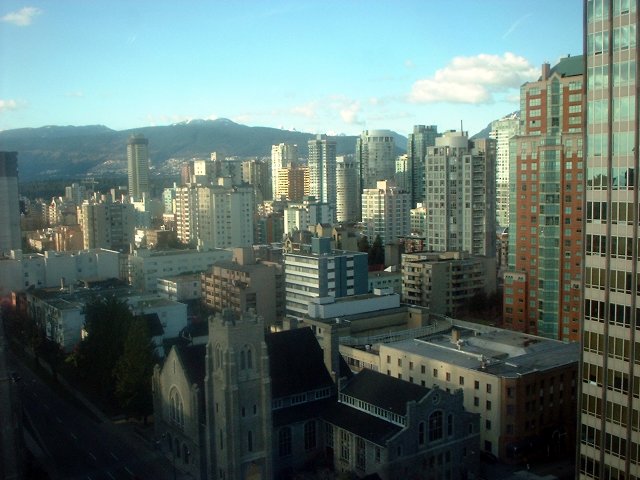These are the links for my presentation at a teachers’ workshop entitled ‘”Broadcast Yourself”: how the internet is transforming traditional media’.
On wikipedia
Nature report on wikipedia which concluded that, for a subset of science articles, it was not not much less reliable than the Encyclopedia Britannica:
http://www.nature.com/news/2005/051212/full/438900a.html
Encyclopedia Britannica‘s response to Nature report:
http://corporate.britannica.com/britannica_nature_response.pdf
Nature‘s rebuttal of Encylopedia Britannica:
http://www.nature.com/nature/britannica/eb_advert_response_final.pdf
The Guardian: Can you trust wikipedia?:
http://technology.guardian.co.uk/opinion/story/0,16541,1599325,00.html
On white phosphorus story
Correntwire blog entry on White Phosphorus which provided links to online sources showing the U.S. military had used White Phosphorus in Falluja:
BBC News story on White Phosphorus (largely a write up of the blogs):
http://news.bbc.co.uk/1/hi/world/americas/4442988.stm
BBC news journalist reflects on the power of blogging in the wake of the white phosphorus story:
http://news.bbc.co.uk/1/hi/world/4696668.stm
Bill Thompson (BBC technology commentator) on the power of blogging:
http://news.bbc.co.uk/1/hi/technology/4492150.stm
New Media and Copyright Issues
Presentation on ‘Free Culture’ given by Lawrence Lessig in 2002 at the OReilly Open Source Conference. Note that this is a flash presentation with embedded audio of Lessig speaking:
http://randomfoo.net/oscon/2002/lessig/free.html
Lessig’s book, Free Culture, is freely available online:
http://www.free-culture.cc/freeculture.pdf
youtube clips played

